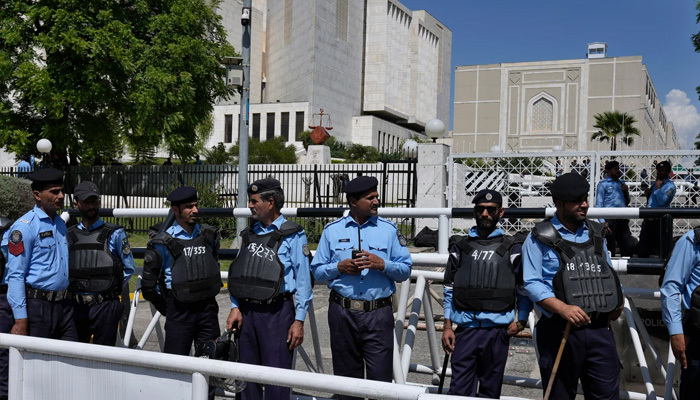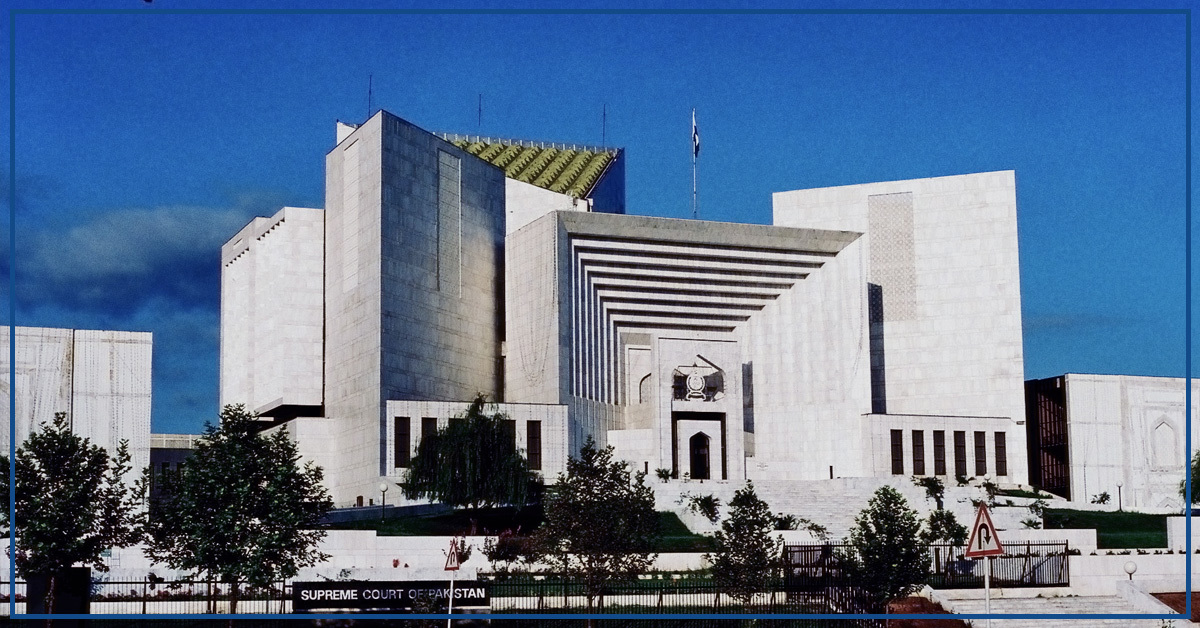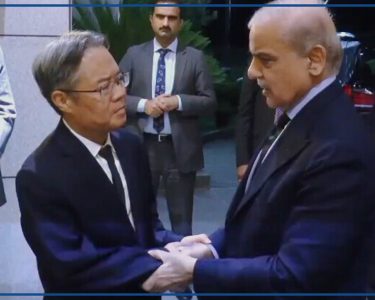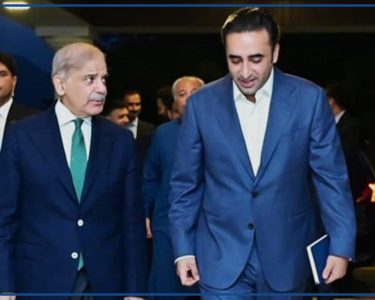The Supreme Court released its detailed verdict on the July 12 order regarding reserved seats, which confirmed the Pakistan Tehreek-e-Insaf (PTI) as a parliamentary party. The 8-5 majority ruling marked a significant setback for Prime Minister Shehbaz Sharif’s ruling coalition, affirming that ex-premier Imran Khan’s PTI is eligible for seats reserved for women and minorities.

Justice Syed Mansoor Ali Shah announced the majority verdict, supported by seven other judges. The case was heard by a 13-member bench, with dissenting opinions from Chief Justice Qazi Faez Isa and Justice Jamal Khan Mandokhail. Justices Aminuddin Khan and Naeem Akhtar Afghan rejected pleas regarding reserved seats, while Justice Yahya Afridi instructed the Election Commission of Pakistan (ECP) to resolve the matter.
The majority ruling indicated that of 80 MNAs, 39 were from PTI, allowing 41 others to resubmit their party affiliations. Despite the division, 11 of the 13 judges deemed PTI a parliamentary party. The 70-page judgment, authored by Justice Shah, emphasized the importance of free and fair elections in a democracy and the judiciary’s role in maintaining electoral integrity.
The court highlighted the unlawful actions of the ECP that compromised the rights of PTI candidates and the electorate. It noted that PTI candidates were incorrectly listed as independents, confusing. The SC criticized the ECP for failing in its role as a guarantor of democratic processes and stated that it must ensure elections reflect the will of the people.
The judgment underscored the need for the ECP to fulfill its constitutional role, emphasizing that it is not merely an administrative entity but a crucial component of the democratic framework. It also addressed the ECP’s participation in the proceedings, stating it should assist rather than contest as a primary party in disputes involving political entities.
Overall, the ruling calls for a renewed commitment to upholding democratic principles and ensuring the integrity of electoral processes in Pakistan.





